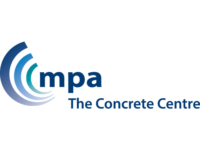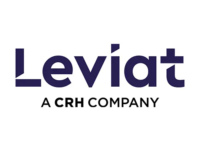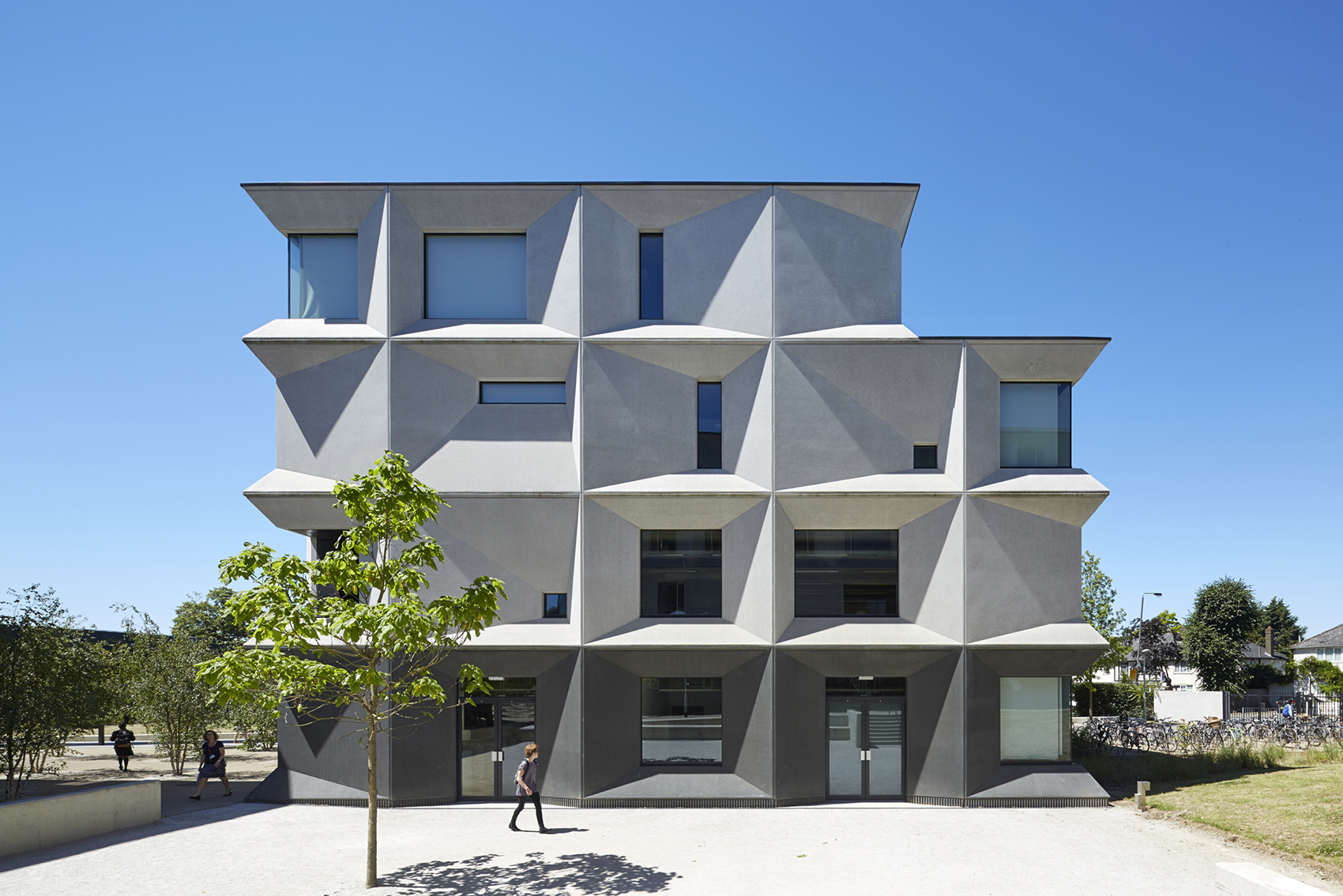Education
St John’s College Phase III by Wright & Wright Architects
St John’s College Phase III, Oxford, was presented at the AT Awards live finals on 20 September 2023 to a jury comprising Sunand Prasad, Marion Baeli, Chris Bicknell, Heather Topel, Hanif Kara, and Chair Catherine Burd. Read about how the project has stood the test of time.
Credit: Dennis Gilbert
Wright & Wright’s sensitive refurbishment of the Old and Laudian Libraries at St John’s College, Oxford, is the third and final phase of an ambitious ten-year plan to provide expanded and improved library, archive and study centre spaces. The project involved clarifying the existing arrangement of historic spaces and routes, unravelling circulation, forging physical and experiential connections between old and new parts of the site, rationalising the reading spaces, integrating new desks, and upgrading the historic fabric in respect of fire, servicing, and energy performance.
Running parallel to work on the libraries, was Wright & Wright’s painstaking refurbishment of Canterbury Quadrangle, located at the heart of the college. This included conserving and protecting Grade I-listed façades, cloisters, colonnades, and ornamental friezes, as well as integrating new structural solutions to ensure the quadrangle’s long-term future.
Credit: Dennis Gilbert
The client stipulated that the scheme should last in excess of 400 years, leading the design team to specify natural materials with low-embodied carbon, minimal maintenance requirements, and excellent durability. A reduction in energy use has been achieved by utilising renewable technologies for all heating and electricity generation, employing natural ventilation, installing insulation, and upgrading lighting and electrical systems. Elsewhere, discreet, wooden-edged double-glazing with internal blinds and UV filters has provided sunlight protection for the college’s special collections.
Looking back, the practice says that is has learnt several valuable lessons from the project. First, retrofit is challenging, but it is often the most inclusive and sustainable solution in the long run. Second, inclusive practice allows everyone involved to test ideas and share knowledge, raising the whole team’s expertise. Third, do not be afraid of removal.
Our awards sponsors










